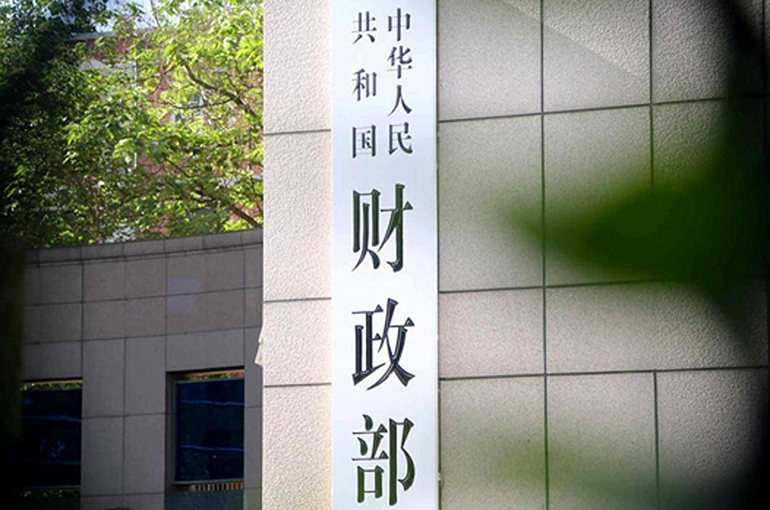 China’s Fiscal Policy: What Are the Second-Half Priorities for 2023?
China’s Fiscal Policy: What Are the Second-Half Priorities for 2023?(Yicai Global) July 5 -- With China’s economic growth under pressure, local government debt risks have drawn much attention, and the direction of the country’s fiscal policy in the second half of this year has become the focus of the markets.
Finance Minister Liu Kun revealed at a meeting last week that the top priority in the next steps is to improve the effectiveness of proactive fiscal policies to promote a sustained economic recovery.
Liu said at a meeting of the Standing Committee of the National People’s Congress at the end of June that the implementation of local and departmental budget plans would be closely tracked in the second half, according to a document released by the finance ministry late yesterday.
The document also said that the investment areas for special local government bonds and the scope of special bonds used as capital for projects would be appropriately expanded.
In addition, Liu said that it is necessary to improve preferential tax policies to support private enterprises, small and mid-sized companies and individual businesses so as to boost market confidence.
To cope with the downward pressure on the economy, a proactive fiscal policy should stimulate effective investment. For example, local governments’ new special bonds rose to CNY3.8 trillion (USD524.780 billion) this year, with about CNY2.3 trillion issued in the first half, which has played a vital role in expanding effective investment and steadying the economy.
The finance ministry document indicated that the current special debt policy aims to enhance the efficiency of bond funds. For instance, it expands the investment fields of local government special bonds and the range of special bonds that can serve as project capital.
This year, the ministry has included new energy and new infrastructure within the scope of special bonds, and has also allowed new energy projects, coal reserve facilities, and state-level industrial park infrastructure to use special bonds as project capital.
The efficiency of local government bond funds should be closely monitored, Feng Qiaobin with the Development Research Center of the State Council, told Yicai Global. Specifically, the revenue of special debt projects must exceed the cost, and some public welfare projects with no or low cash flow should not rely on special bonds for financing.
Risk Containment
Finance Minister Liu stated at the conference that effectively preventing and resolving local government debt risks is also one of the priorities of his ministry in the second half, such as establishing and improving long-term mechanisms to prevent and resolve hidden risks in local government debt, prudently reducing existing hidden debts, and gradually lowering the risk level.
Hidden debts refer to liabilities beyond the legally mandated government debt limit. After years of strict regulation, the finance ministry publicly stated last year that the growth momentum of hidden debts had been contained, with a reduction of more than one-third, and the risk of local government hidden debts is controllable.
But there are still illegal new hidden debts. The latest report by the National Audit Office pointed out that 49 regions had CNY41.5 billion (USD6.2 billion) of illegal new hidden debt through commitments for repurchase guarantees and advance-fund construction by state-owned enterprises.
In recent years, factors such as the Covid-19 pandemic have intensified the contradiction between local fiscal revenue and expenditure.
Some local governments have openly expressed a wish for assistance from higher-level authorities. In response to this, the document emphasized the need to urge provincial-level governments to increase their efforts in cities and counties and cut debt through their own efforts.
Editor: Peter Thomas